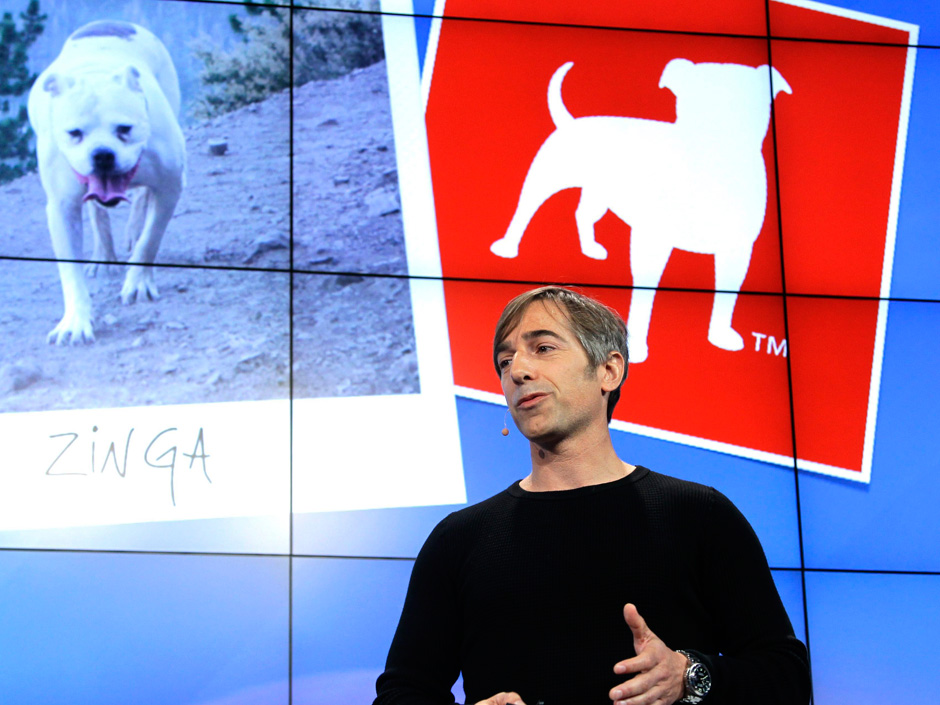Video-sharing site Viddy recently fired its chief executive and laid off nearly half of its staff due to plummeting user numbers. The company blamed the slump on what was the secret sauce to its success — easily reaching users on Facebook. The 30-person startup was hailed as the “Instagram of video,” had Justin Beiber among its investors and was valued at $370 million at its peak. According to AppData, at one point it boasted 35 million users before falling to half a million recently.
Viddy’s story is now one of several where developers have seen their fortunes rise and fall because of changes to how Facebook allows apps to get their messages in users’ feeds. The main culprit is EdgeRank, Facebook’s mysterious algorithm which limits what users see.
“Everyone has known for years that Facebook can be a huge driver of traffic, but Facebook also frequently changes who gets traffic,” said Viddy Director Brian O’Malley.
There are those who stand behind Facebook, saying that the company has a right to prioritize its users and make sure they’re not overwhelmed by constant push notifications soliciting apps.
It used to be that way, led by Zynga. The game maker shot to popularity, and a lucrative IPO, with viral Facebook games such as FarmVille. Its games were notorious for drawing users by distributing a deluge of notifications in players’ feeds designed to lure in their friends. Since then Facebook has scaled back on the practice, and it has put in place a better infrastructure for ads with Promoted Posts and Sponsored Stories.

“Facebook thinks first and foremost about the users,” said Riccardo Zacconi, chief executive of game maker King.com. “For companies that were relying 100 percent on virality, there’s been a negative impact, but it’s been a better user experience.”
Nabeel Hyatt is a partner at Spark Capital, a venture capital firm that has backed Facebook rivals such as Twitter and Tumblr. He sees Facebook making a mistake by driving away app makers.
“Facebook is in a platform battle that they’re losing right now,” said Hyatt. “When we have startup companies coming in and presenting about where they’re going to get users, most of those conversations are about iOS and then Android, and then maybe Facebook.”
Viddy’s O’Malley said in hindsight the boom in traffic from Facebook, and the stratospheric investor expectations that followed, set the company on the wrong track.
O’Malley admitted, “With the Facebook traffic and with the larger [investment] round, did we lose focus on what was important? Yes. If you can get traffic from Facebook, great. But don’t bank on it.”
Source: NDTV

